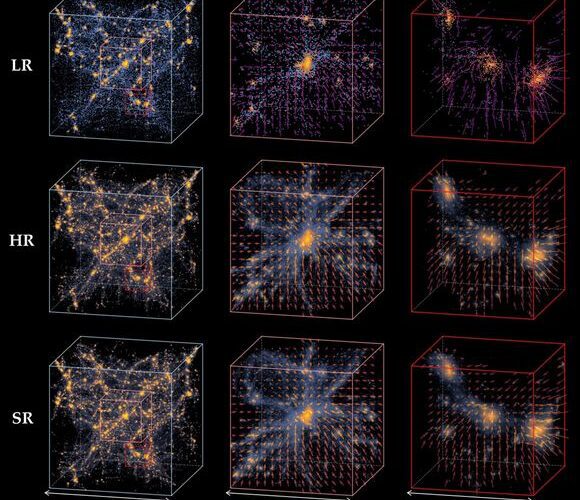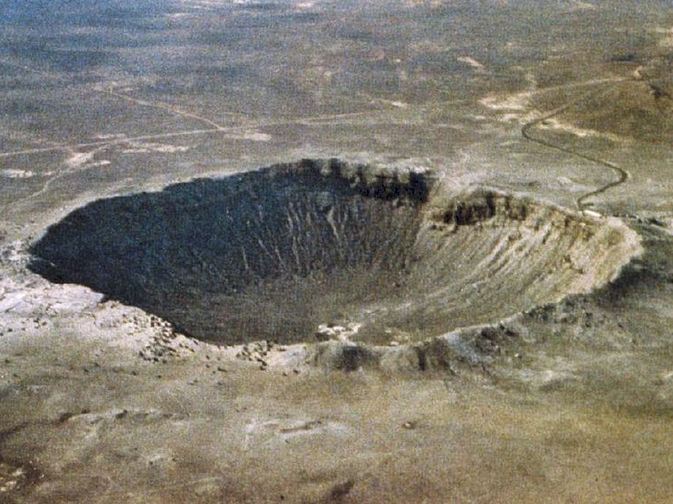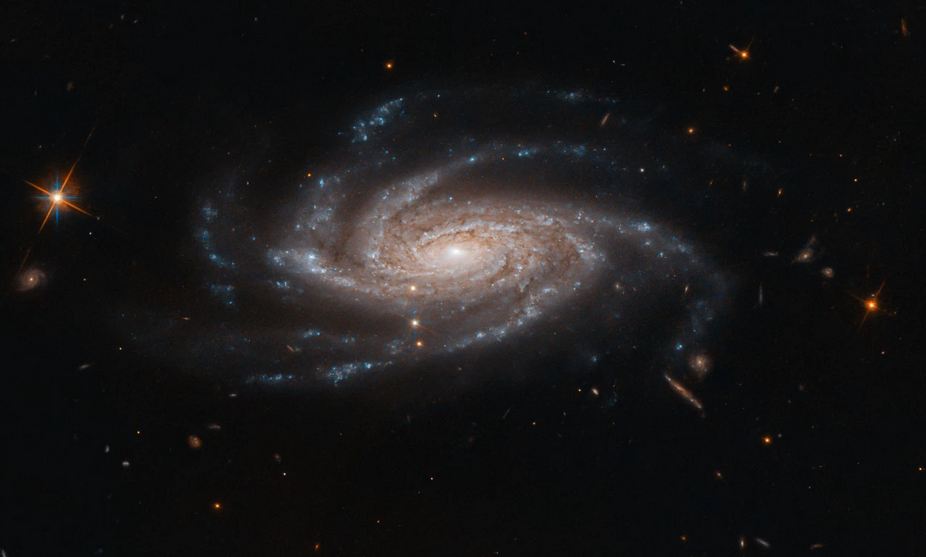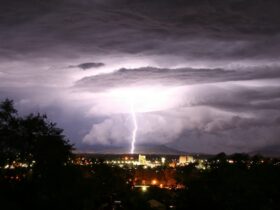We just love some good, intriguing Universe simulations, right? Well, how about simulating the grand Universe 1000 times faster? A team of bold scientists from the Flatiron Institute have come up with a method to simulate the Universe 1000 times ...
As new research emerges, we learn how our neighbour, Jupiter, has more secrets than previously believed. A team of scientists discovered that the edge of Jupiter’s huge magnetosphere has quite an effect on the planet. New faint aurora traits have ...
Considered Earth’s oldest impact crater, the 62-mile (100-kilometre) wide Maniitsoq structure is more complicated than previously thought. New research is now unveiling the crater’s true origin. The structure is approximately 3 billion years old and dates back to the Archean ...
Can you imagine what our planet might have looked like in its early years? As challenging as it might be, this imagination exercise actually helps. At least, that’s what a team of researchers believes. Earth billion years ago was different ...
As new research emerges, we learn that Earth will lose its oxygen-rich atmosphere in about 1 billion years. What should we expect? A team of researchers came up with enough evidence via simulation that our planet is still right on ...
Neptune is again in the spotlight, thanks to an intriguing, but old discovery. Astronomers detected a few years ago a small vortex and dubbed it Dark Spot Jr, now nowhere to be found. The Sun’s eighth planet is known for ...
All the Universe’s mess can be sum up in two words: dark matter. Or at least, that’s the most widely spread and accepted hypothesis. Recently, a team of astronomers have decided to take up into account another possibility. Here is ...














